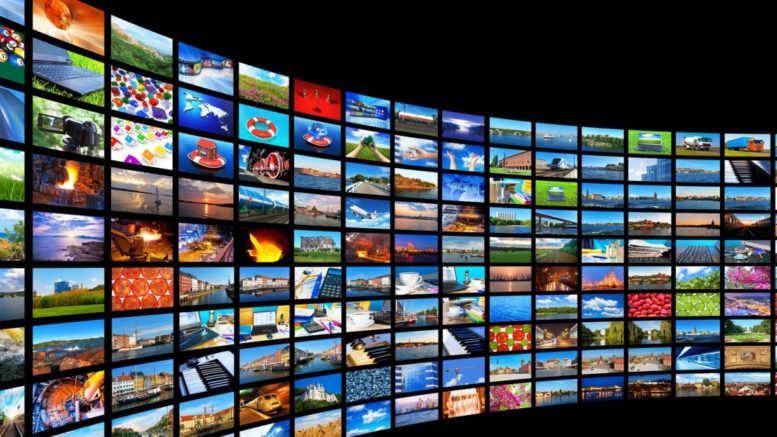It’s been a while since we talked about zero rating. If you’re looking for a deep dive, here’s one to get you caught up.
Quickly, zero-rating is…
Zero rating is when you don’t get charged for some uses of your phones while you get charged for others. It started as a way for carriers to text you without your getting charged for the text. No one ever thought that was a bad thing. But it’s grown far beyond that.
Today, the “zero rating” method is applied to anything you stream that’s provided by your carrier. Until recently, if you had HBO Max and you also have AT&T cellular, the data you used while streaming HBO Max wouldn’t count against any data cap you have. That’s because AT&T also owns HBO. So, they could do that.
Well, they can probably do that.
The concept of “zero rating” hasn’t been tested in national court as much as it could have been. Some years ago, T-Mobile offered a promotion where customers got Netflix for free as part of a cell package. T-Mobile execs argued, since they were doing a bulk buy of Netflix and giving it away, they could “zero-rate” it and you wouldn’t have to pay for the data. Even though common sense would tell you that’s nonsense, it was never tested in court.
Recently, California’s more strict laws dictate that AT&T can’t zero-rate HBO Max, so they stopped.
Not that it really matters as much as it used to
In the years since “zero rating” became a thing, carriers have moved to Unlimited plans. Even though there can be caps on the highest speeds, you are going to get as much streaming as you want for one low price. These plans were once thought to be extinct, but they were really popular and people are willing to pay a large amount for them.
With unlimited plans, there is no true data cap. So, it doesn’t really matter how much you stream. Not only that, “stream saver” technology helps carriers save data by limiting the quality of your video streams in ways you don’t even notice.
It’s a good thing it doesn’t matter because…
Folks in California consume more data than pretty much everyone else. More than than 10% of the population of the country California home. There’s a lot of data being sent to all those phones. When the FCC changed its “Open Internet” rules, the state of California enacted sweeping rules of its own which essentially those that the FCC had before they were changed. Those rules make “zero rating” illegal in California. The FCC challenged the California rules. However, a lot of things change with a new administration. Shortly after FCC Chair Pai stepped down, the FCC withdrew their challenge.
In practice, “zero rating” just doesn’t apply in most cases since more and more people have unlimited plans. So, we can leave behind the question of whether it was a fair or just practice and just enjoy our phones. After all, that’s what we’re shooting for anyway.




